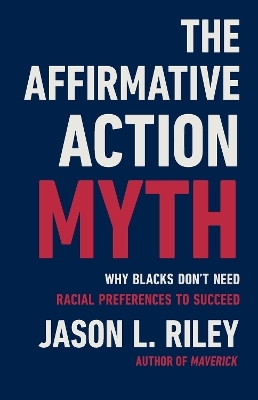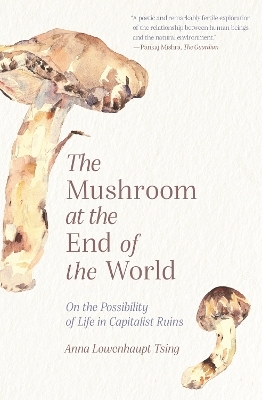
The Affirmative Action Myth
Why Blacks Don't Need Racial Preferences to Succeed
Seiten
2025
Basic Books (Verlag)
978-1-5416-0455-1 (ISBN)
Basic Books (Verlag)
978-1-5416-0455-1 (ISBN)
- Noch nicht erschienen (ca. Mai 2025)
- Versandkostenfrei
- Auch auf Rechnung
- Artikel merken
From Wall Street Journal columnist and Manhattan Institute senior fellow Jason L. Riley, a contrarian argument that racial preferences have done more harm than good for black Americans
After the Supreme Court ruled in 2023 that the use of race in college admissions was unconstitutional, many predicted that the black middle class was doomed. One byproduct of a half century of affirmative action is that it has given people the impression that blacks can't advance without special treatment. In The Affirmative Action Myth, Jason L. Riley details the neglected history of black achievement without government intervention. Using empirical data, Riley shows how black families lifted themselves out of poverty prior to the racial preference policies of the 1960s and 1970s.
Black employment, incomes, homeownership, and educational attainment all were on the rise in the first two-thirds of the twentieth century and began to stagnate only after affirmative action became the law of the land, tainting black achievement with suspicions of unfair advantage. Countering thinkers who blame white supremacy and systemic racism for today's racial gaps, Riley offers a more optimistic story of black success without racial favoritism.
After the Supreme Court ruled in 2023 that the use of race in college admissions was unconstitutional, many predicted that the black middle class was doomed. One byproduct of a half century of affirmative action is that it has given people the impression that blacks can't advance without special treatment. In The Affirmative Action Myth, Jason L. Riley details the neglected history of black achievement without government intervention. Using empirical data, Riley shows how black families lifted themselves out of poverty prior to the racial preference policies of the 1960s and 1970s.
Black employment, incomes, homeownership, and educational attainment all were on the rise in the first two-thirds of the twentieth century and began to stagnate only after affirmative action became the law of the land, tainting black achievement with suspicions of unfair advantage. Countering thinkers who blame white supremacy and systemic racism for today's racial gaps, Riley offers a more optimistic story of black success without racial favoritism.
Jason L. Riley is a senior fellow at the Manhattan Institute and a columnist for the Wall Street Journal. He is the author of several previous books, including Maverick: A Biography of Thomas Sowell.
| Erscheint lt. Verlag | 29.5.2025 |
|---|---|
| Sprache | englisch |
| Maße | 152 x 235 mm |
| Themenwelt | Sozialwissenschaften ► Ethnologie |
| Sozialwissenschaften ► Soziologie | |
| ISBN-10 | 1-5416-0455-5 / 1541604555 |
| ISBN-13 | 978-1-5416-0455-1 / 9781541604551 |
| Zustand | Neuware |
| Haben Sie eine Frage zum Produkt? |
Mehr entdecken
aus dem Bereich
aus dem Bereich
Wert, Tausch und menschliches Handeln
Buch | Softcover (2023)
diaphanes (Verlag)
CHF 39,20
Buch | Softcover (2024)
Königshausen u. Neumann (Verlag)
CHF 39,20
On the Possibility of Life in Capitalist Ruins
Buch | Softcover (2021)
Princeton University Press (Verlag)
CHF 27,90


